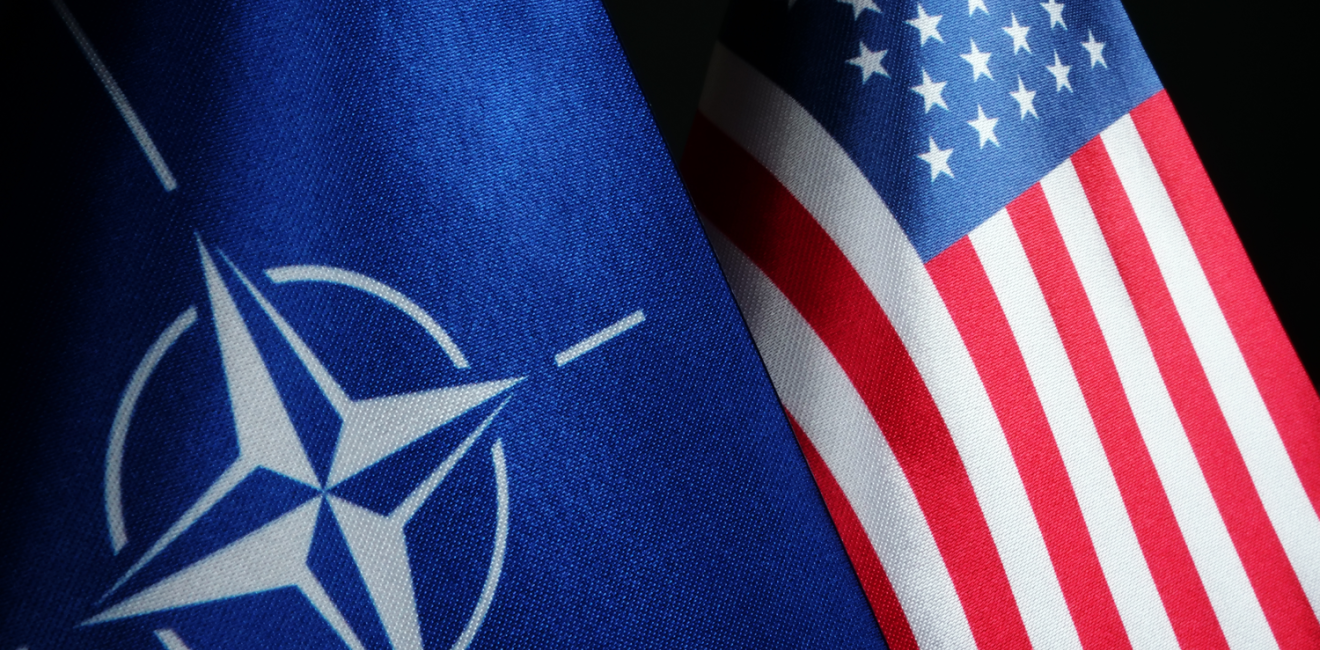Every day we are inundated with stories about how polarized Americans have become on so many domestic and foreign policy issues. That’s why the news this week out of Chicago was so refreshing.
The Chicago Council on Global Affairs’ annual survey of American opinion on foreign policy issues confirmed that there are deep divisions between Democrats and Republicans on how the United States should deal with other parts of the world. On Europe, however, the picture is one of remarkable unity and continuity. Almost three-fourths (73%) of Americans polled say they want the United States to keep or even boost its commitment to NATO. Two-thirds say that the transatlantic Alliance benefits the United States as much or even more than Europe. And over half say that if Russia invades a NATO ally, such as one or more of the Baltic states, the U.S. should respond with troops.
These results should help to soothe many European anxieties when it comes to the question whether the United States remains committed to its key allies. But there’s no room for complacency. The wrinkle in this generally positive view of Europe’s importance to the United States is that more than half (57%) of those polled by the Chicago Council support the Administration’s summer 2020 decision to reduce U.S. forces in Germany, with another 16% favoring a complete U.S. troop pullout from Germany.
On its face, the decision makes little strategic sense. Moving forces back to the United States from Germany weakens deterrence against Russia in the Baltic or Black Sea regions. It makes it harder for the United States to deploy forces to address eruptions in the Middle East or Africa. The Pentagon’s plan to transfer U.S. Army and European Command from Germany to Belgium – a country that contributes even less than Germany to NATO’s common defense – will take them further from where they may be needed.
Berlin also bears a good share of the costs of U.S. troops in Germany, whereas the bill for moving the troops elsewhere will be borne solely by the American taxpayer. Should these moves take place – still a big if -- they will take years to execute, will cost billions, and will further erode the U.S. posture in NATO.
Nevertheless, the Chicago Council poll suggests that while Americans want NATO, they also want a better deal with our allies. The debate over who shares NATO’s costs is not new, but it has become newly important. It is hard for the average U.S. citizen to understand why 330 million Americans should be paying the lion’s share of defense for 500 million Europeans – especially when the United States is stretched to address a range of security challenges far from European shores. Many of those activities may not be in Europe, but they do benefit our European allies – for instance by keeping sea lanes open for energy flows from the Middle East or for commercial flows with Asia and other parts of the world.
America’s troop presence in Germany has enhanced our security and that of our allies. Its exact composition is not frozen in stone, however. There is every reason to review our force posture continuously, to make sure our troop deployments enable the United States and its allies to defend successfully against whatever threats may come our way. But that should be done as part of a broader NATO strategic review to ensure our Alliance is prepared to meet those future challenges. NATO’s last such review was conducted a decade ago. It’s time for a fresh look.






